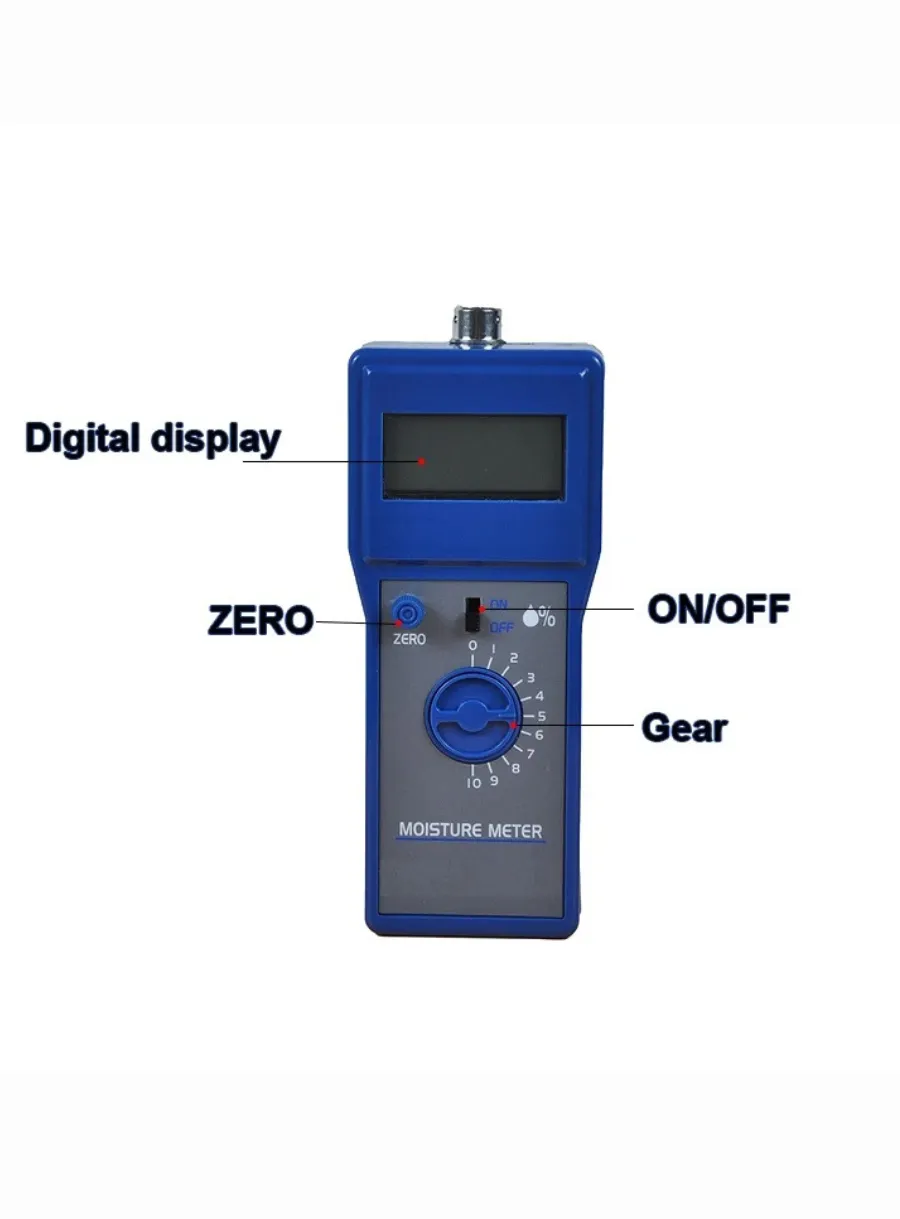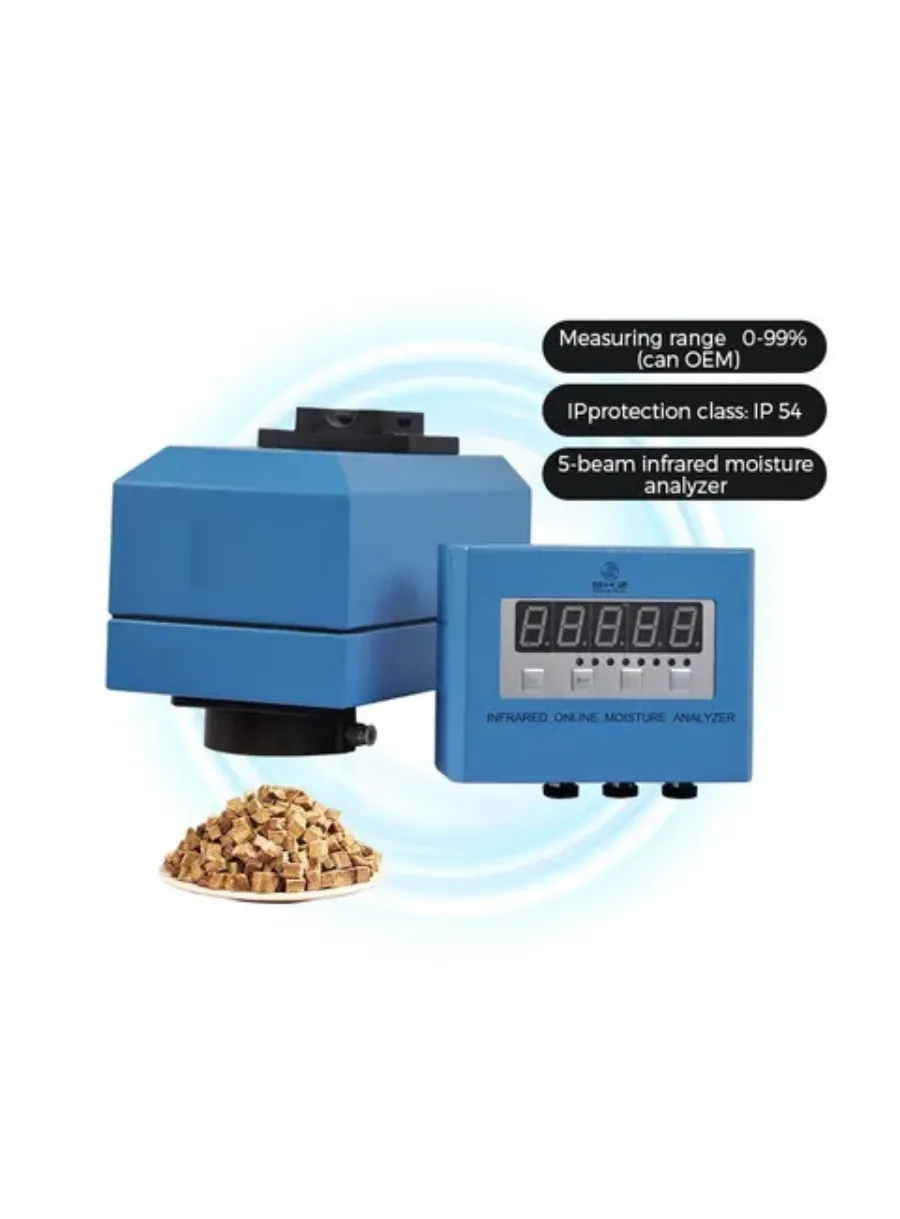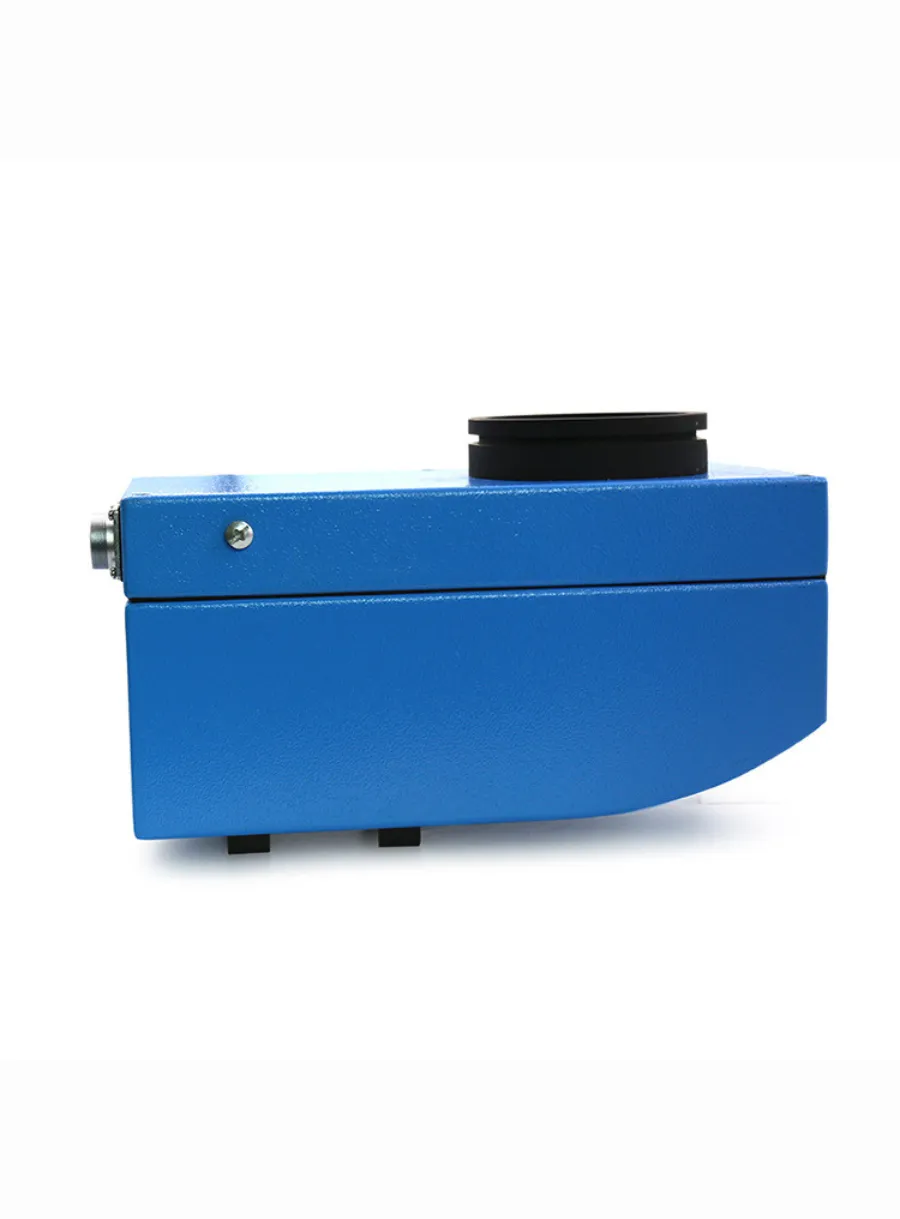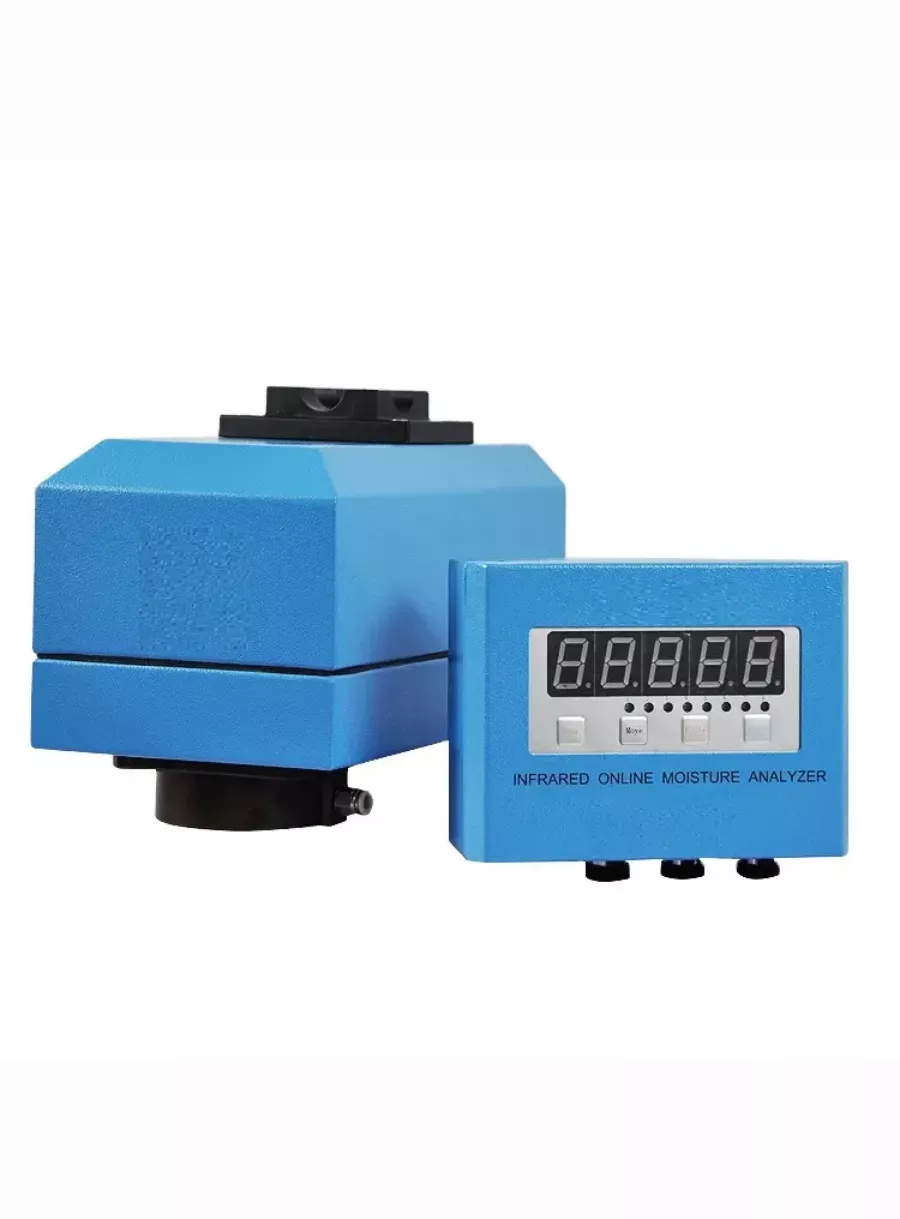
The Integration of Soil Moisture Meters with Smart Farming Technologies
Table of Contents
The Role of Soil Moisture Meters in Smart Farming
Soil moisture meters work by measuring the amount of water present in the soil, which is crucial for determining the optimal time to irrigate crops. By providing real-time data on soil moisture levels, these devices enable farmers to make informed decisions about when and how much to water their crops. This not only helps to conserve water resources but also ensures that crops receive the appropriate amount of moisture they need to grow and thrive.

Integrating Soil Moisture Data with Smart Farming Systems
The integration of soil moisture meters with smart farming technologies has opened up new possibilities for optimizing agricultural practices. For example, soil moisture data can be combined with other data sources, such as weather forecasts and satellite imagery, to create a comprehensive picture of the current and future conditions on a farm. This information can then be used to develop tailored irrigation strategies that take into account factors such as soil type, crop type, and weather conditions.
Efficiency and Productivity: Maximizing Yields with Data-Driven Decisions
One of the key benefits of integrating soil moisture meters with smart farming technologies is the potential for increased efficiency and productivity. By using data-driven decision-making, farmers can optimize their irrigation practices to ensure that crops receive the right amount of water at the right time. This not only helps to conserve water resources but also reduces the risk of over-watering or under-watering crops, which can lead to reduced yields and increased susceptibility to pests and diseases.

Towards a Sustainable Future: Minimizing Environmental Impact with Smart Irrigation
Another benefit of integrating soil moisture meters with smart farming technologies is the potential for improved environmental sustainability. By using data-driven decision-making to optimize irrigation practices, farmers can reduce their reliance on water resources and minimize the environmental impact of their farming practices. This is particularly important in regions where water scarcity is a significant issue, and where the demand for food is expected to increase in the coming years.
The Role of Smart Farming in a Changing World
In addition to the benefits for farmers, the integration of soil moisture meters with smart farming technologies also has the potential to contribute to global food security. By improving the efficiency and sustainability of agricultural practices, these technologies can help to increase crop yields and reduce the environmental impact of food production. This is particularly important in developing countries, where many farmers lack access to modern agricultural technologies and face significant challenges in producing enough food to meet the needs of their growing populations.
Comments
Tags
Frequently Asked Question
Examples include precision irrigation systems, farm management software platforms, and remote sensing technologies.
Many systems offer user-friendly dashboards, mobile apps, and data visualization tools to simplify data interpretation.
Many countries offer grants, subsidies, and tax breaks to encourage farmers to adopt precision agriculture practices.
Challenges include the initial investment costs, the need for technical expertise, and data privacy concerns. Solutions involve offering affordable financing options, providing training and support services, and establishing clear data governance policies.


